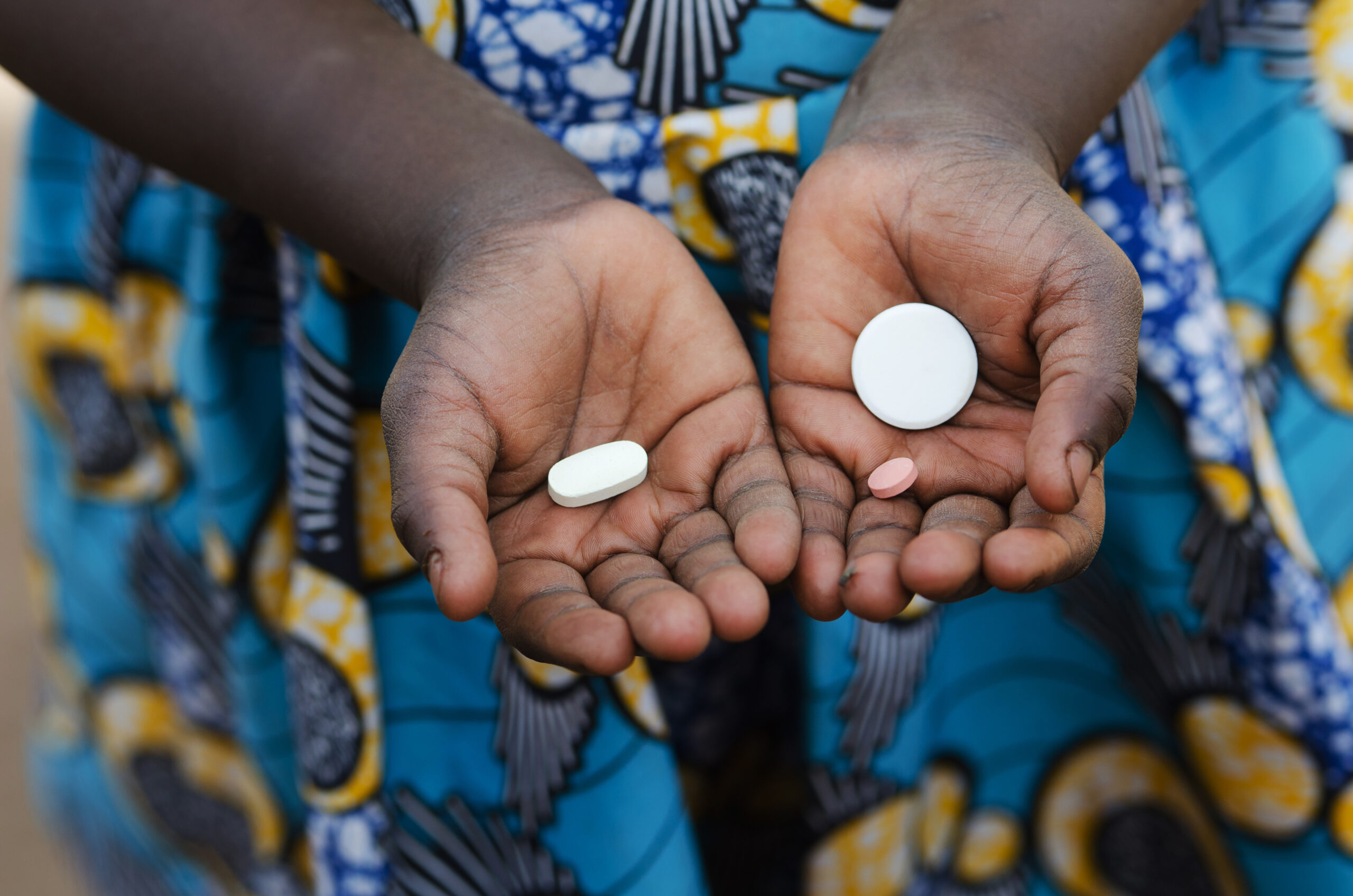Improving the management of urinary tract infections in women using innovative community engagement approaches
Context
Following the development of the Zambian National Action Plan (NAP) in 2017, several activities are being conducted that include antimicrobial stewardship programs, surveillance, infection prevention and control, and raising knowledge and awareness among healthcare providers. These are within the scope of an ICARS project which aims to reduce the inappropriate prescribing of antibiotics to treat bloodstream infections and urinary tract infections (UTIs).
Problem
In Zambia, gaps remain in the landscape of antimicrobial resistance (AMR) activities about how best to address public perceptions and practices that drive AMR. This includes identifying and understanding women’s antibiotic-seeking behaviour. In Zambia, research has shown that some women with UTI symptoms buy antibiotics from pharmacies that sell them without prescriptions, and only seek medical attention when they do not recover. The complexity of AMR, and the fact that misuse of antibiotics can exacerbate it, is hard for most people to comprehend as it is not a visible condition. In addition, there is little research about AMR and gender in low- and middle-income countries broadly and Zambia specifically.
Project Overview
Guided by the Wellcome ‘Responsive Dialogues on Drug Resistance Infections’ framework and toolkit, this project carried out Responsive Dialogues (RD) in three locations to identify contextually relevant solutions to mitigate AMR in the context of UTIs. RD uses a participatory-based approach to address the gap between local realities and policies by facilitating dialogue, learning and solutions to enable change in attitudes, behaviours, policies, and practices on the use of antimicrobials. Using the approach, stakeholders jointly examine and unpack evidence, data and messages provided by researchers and experts and produce solutions to address the issues, which will inform national policies. The project engaged stakeholders, decision makers and communities affected by or working on UTIs.
Outcomes
The main intended outcomes of this project are:
- Improved understanding of, and engagement with antibiotics and AMR, particularly in relation to UTIs amongst the public and key stakeholders in select communities.
- Co-creation of community-informed solutions and interventions that are policy relevant.
- Record of learnings from the pilot implementation and documentation of potential best practices for using RD to inform and improve One Health-based AMR responses in Africa beyond the health sector.
Results
Key stakeholders have shown increased understanding and awareness of the drivers, attitudes and behaviours in communities regarding antibiotic use and AMR, particularly in relation to UTIs. This was achieved by synthesizing and analysing AMR drivers from the project communities, categorised into five themes: individual, community, gender, health facility, and health system/systemic AMR drivers. These were presented to stakeholders through various meetings, conferences, symposiums, workshops and a policy brief.
The project effectively increased awareness and engagement regarding AMR and UTIs among community members. This was attributed to the innovative RD approach, which fostered learning and awareness about key AMR and UTI issues. The approach helped break some of the myths and misconceptions about UTIs and UTI management. In total, 125 community members (88 females, 37 males) were directly reached, and an estimated 500+ members were indirectly reached.
Following the dissemination of project results, some participants and representatives of health facilities informed the project team that they were able to integrate outcomes into their daily health facility routines, including in educational programmes. Community participants reportedly also changed their attitudes and behaviours concerning antibiotic misuse.
Facts
Region: Africa
Sector: Humans
Country: Zambia
Type: Supporting activity
Country partners: Eden University, School of Pharmacy
Funding partners: Wellcome
Timescale: 10th January 2022- 30th September 2023
ICARS funding: 295,901.90 USD
ICARS Science Team

Resources
Share
Share this project on socials

